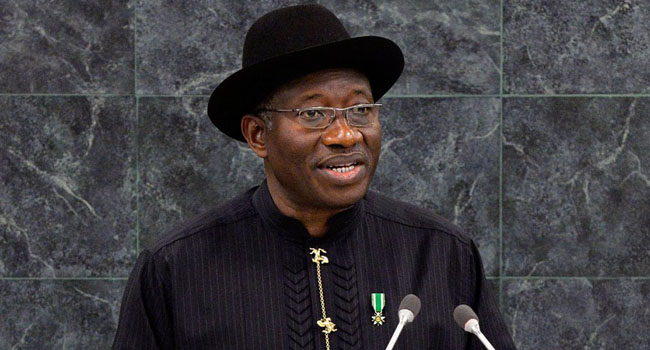The West African Elders Forum (WAEF), under the leadership of former Nigerian President Goodluck Jonathan, has called for transparent, inclusive, and credible presidential and parliamentary elections in Guinea-Bissau.
Elections in the West African nation are slated for November 23.
In a statement issued by Mr. Wealth Ominabo, Communications Officer of the Goodluck Jonathan Foundation, the forum disclosed that its delegation, headed by Jonathan, embarked on a three-day pre-election assessment mission to Guinea-Bissau.
During the visit, the WAEF team urged key national institutions—including the Comissão Nacional de Eleições (CNE), the Constitutional Court, and other relevant bodies—to uphold neutrality and independence in the conduct of the polls.
Jonathan underscored the importance of trust in the electoral process as a cornerstone for peace and stability within the subregion.
“We want a stable West Africa. Many of the crises we face in the region are election-related. Since the formation of the West African Elders Forum.
“We have undertaken missions to countries before, during, and after elections to help ensure peace and stability,” he said.
The former Nigerian president also paid a courtesy visit to President Umaro Embaló at the State House in Bissau.
As part of its engagements, the delegation met with a wide range of stakeholders, including the Interior Minister, Botche Candé, members of the National Electoral Commission, the President and Justices of the Supreme Court, as well as representatives of civil society groups.
Jonathan explained that the mission was primarily to evaluate the readiness of Guinea-Bissau’s institutions ahead of the general elections.
He added that WAEF’s intervention model prioritises dialogue, conflict resolution, adherence to the rule of law, and the promotion of peaceful democratic transitions across West Africa.
The West African Elders Forum is a non-partisan coalition of former leaders and statesmen from the subregion committed to preventing electoral violence and fostering democracy, peace, and stability.
Presidential elections initially scheduled for December 2024 were postponed, extending President Embaló’s tenure beyond its February 27 expiration. Despite criticism from opposition and civil society groups, who have described the situation as an “institutional coup,” the incumbent leader remains in office and is seeking re-election in November.



